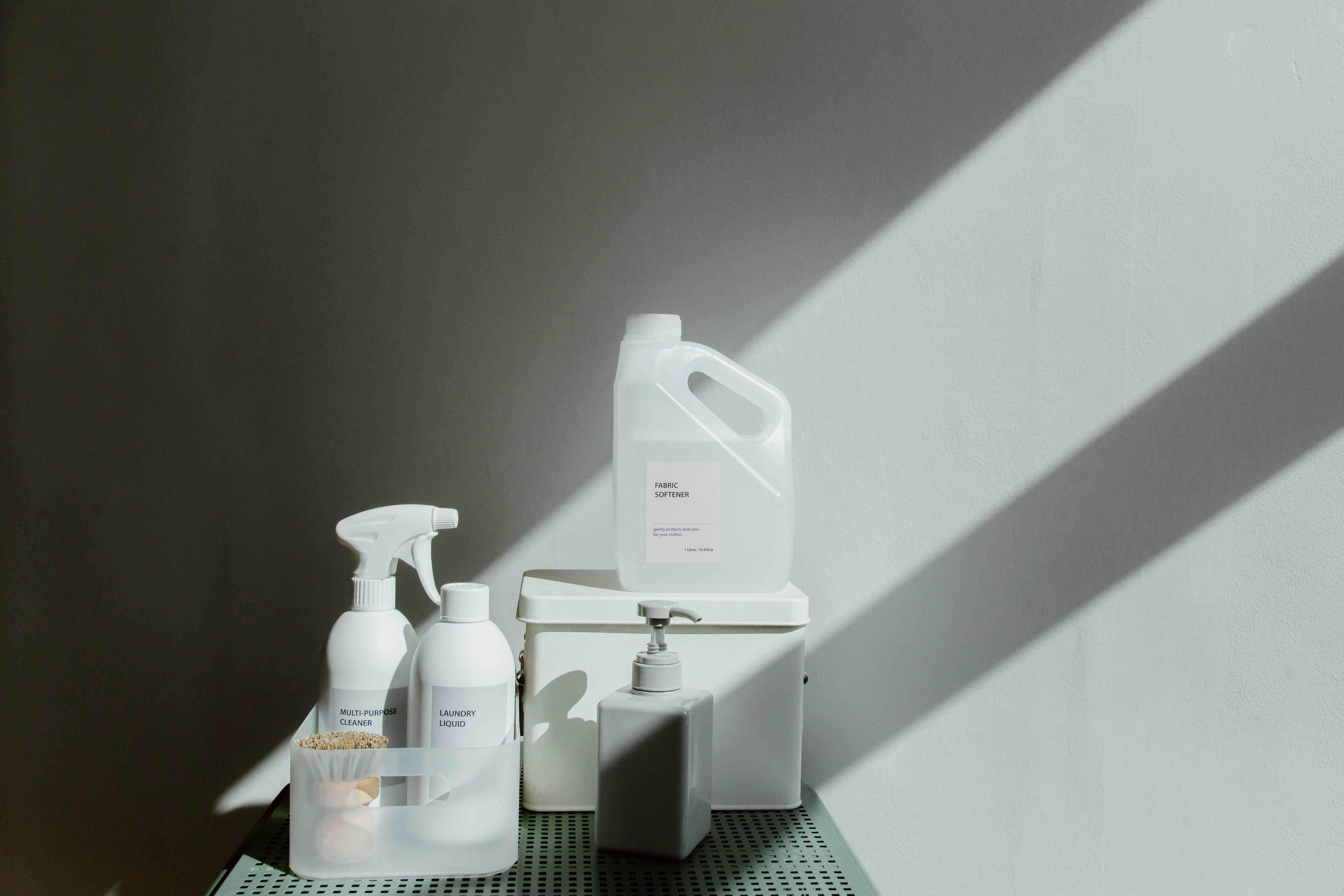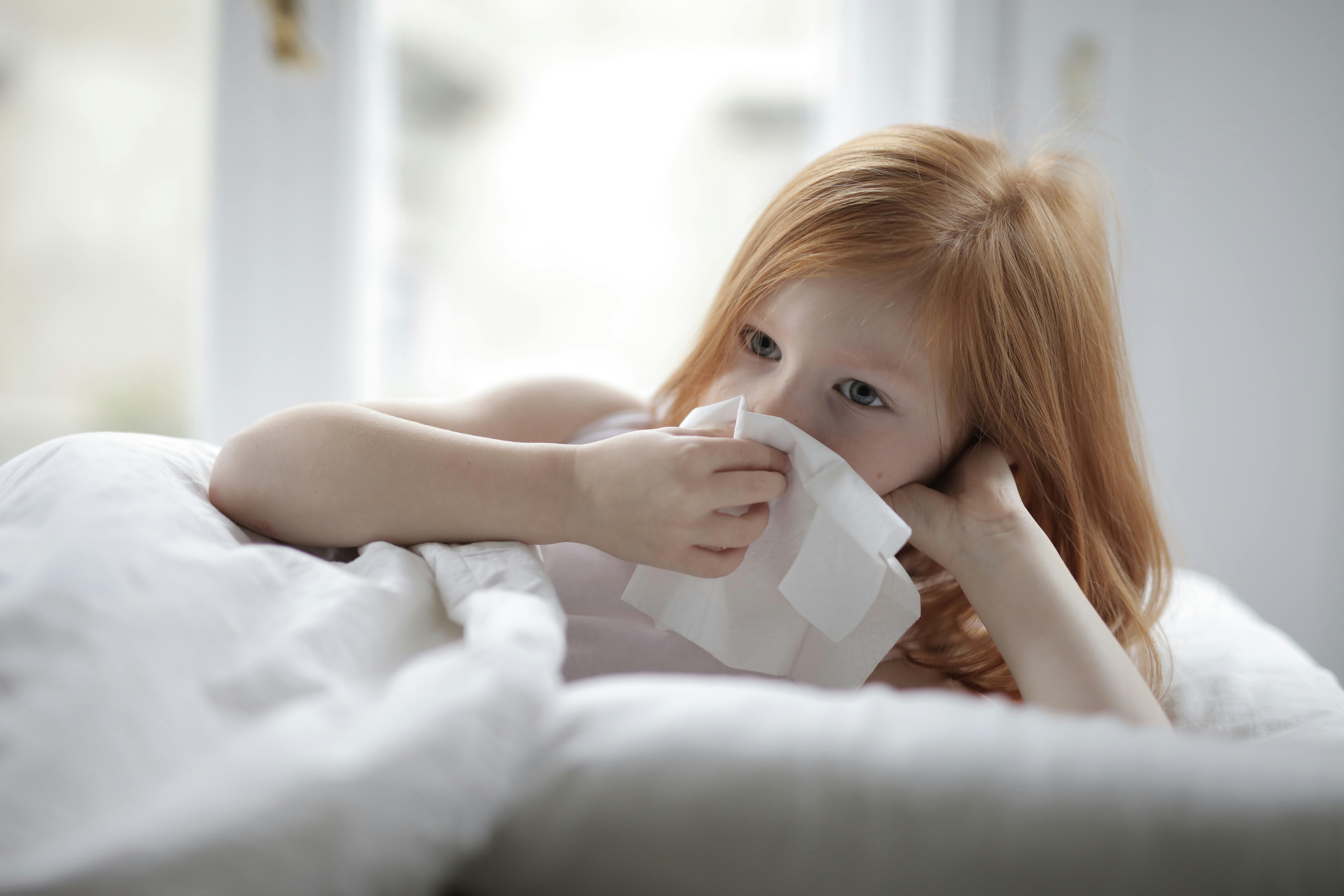How to Effectively Cough Up Mucus in 2025: Smart Tips to Improve | Discover Techniques

How to Effectively Cough Up Mucus: Understanding the Basics
Mucus is a normal part of our respiratory system, playing a crucial role in trapping foreign particles and pathogens. However, excessive mucus can lead to discomfort and breathing difficulties. Knowing how to cough up mucus effectively is essential for maintaining lung health and overall well-being. This article will explore effective techniques to remove mucus, remedies to alleviate symptoms, and best practices for promoting mucus clearance in everyday life. With tips ranging from hydration to using essential oils, this guide aims to empower you with actionable information.
Understanding the reasons for mucus production can help address underlying issues. It can be triggered by allergies, infections, or environmental factors. By using proper strategies, you can manage your symptoms effectively.
In the following sections, we will provide a comprehensive look at various techniques and remedies that can help you effectively clear mucus from your respiratory system. Be sure to stay tuned for essential tips and natural methods that can significantly improve your quality of life.
Practical Mucus Clearing Methods You Can Use at Home
When faced with mucus buildup, several home remedies can be utilized to promote relief. One effective way is through steam inhalation, which works by loosening mucus and making it easier to expel. Inhaling warm, moist air can help soothe irritated airways and enhance mucus clearance.
Apart from steam, using a humidifier for mucus relief can provide similar benefits. These devices add moisture to the air, helping to thin mucus, which can ease coughing and congestion symptoms.
Another popular method is using a warm salt water gargle. This simple, effective remedy can provide temporary relief from throat irritation and can help clear mucus, especially when combined with other techniques.
Hydration plays a vital role in thinning mucus. Drinking sufficient fluids, including herbal teas for mucus such as ginger and turmeric, can greatly assist in the process. Ginger not only offers anti-inflammatory benefits, but it can also soothe the throat, while turmeric has antiseptic properties.
Through these various methods, you can find what works best for your body and circumstances, leading to effective relief from excessive mucus.

Natural Remedies and The Role of Nutrition in Mucus Clearance
Nourishing your body with foods that reduce mucus production can significantly contribute to your overall health. Avoiding dairy to reduce mucus is a commonly cited recommendation, as dairy products can thicken mucus for some people.
Incorporating anti-inflammatory foods for mucus can improve your symptoms. Foods like garlic and onion contain vital nutrients that help reduce inflammation and fight off infections.
Additionally, consuming lemon juice for mucus can provide substantial benefits. This citrus fruit is rich in vitamin C and helps in breaking down mucus, making it easier to expel. Combining lemon juice with honey not only improves flavor but also enhances the cough-thinning effect.
Spicy foods can also be beneficial. Eating spicy foods to clear mucus can temporarily open nasal passages, aiding in more effective mucus clearance.
Maintaining a balanced diet that includes these beneficial foods can provide long-term relief and overall health improvements.

Understanding Breathing Techniques for Lung Health
Utilizing deep breathing exercises can greatly assist in lung health and mucus clearance. These exercises promote lung expansion, which can help expel trapped mucus and enhance respiratory function. Practicing these techniques regularly can also have a calming effect, reducing anxiety that may accompany respiratory issues.
It’s essential to understand the connection between effective breathing techniques and mucus control. Implementing breathing exercises to clear lungs not only aids in physical wellness but also improves mental well-being.
Another method worth mentioning is using a neti pot for nasal irrigation to help clear mucus from the sinuses. This process can alleviate pressure, reduce mucus buildup, and improve overall freshness in the airways.
Combining these exercises with physical activity can yield beneficial outcomes. Regular exercise can help maintain clear airways while simultaneously promoting healthy mucus production.
By integrating these breathing techniques into your daily routine, you can work towards improved lung function and comfort.
Common Mistakes to Avoid When Managing Mucus
When trying to get rid of mucus, many people make common mistakes that can hinder progress. One significant mistake is not staying adequately hydrated. Hydration is crucial for maintaining optimal mucus viscosity and facilitating effective clearance.
Another common pitfall is relying solely on suppressants for coughing. Remember, a productive cough is essential for clearing mucus from the lungs. Therefore, using cough suppressants and their effects should be approached cautiously.
Also, be wary of environmental factors that can exacerbate mucus production. Ensuring clean air quality in your home can prevent aggravation and improve overall respiratory health.
Lastly, it's essential to avoid smoking and exposure to pollutants, as they can lead to chronic mucus production and increased lung issues. Creating a smoke-free environment is paramount.
Steering clear of these common mistakes can significantly aid in effective mucus management. By staying aware of these factors, you pave the way for better respiratory health.
Q&A: Expert Responses to Common Mucus Concerns
Q: What causes excessive mucus production?
A: Excessive mucus can be caused by various factors, including allergies, respiratory infections, and environmental irritants. Identifying the trigger is key to working towards effective treatment.
Q: When should I see a doctor for mucus concerns?
A: If you experience mucus that is green or yellow, accompanied by a persistent cough, fever, or difficulty breathing, it’s crucial to seek medical advice.
Q: Are there medical treatments for thick mucus?
A: Yes, healthcare professionals may recommend expectorants or other medications to help thin mucus and facilitate its clearance. Always consult a medical professional before starting new treatments.
Q: Can lifestyle changes really help with mucus control?
A: Absolutely! Integrating a balanced diet, staying hydrated, and avoiding environmental irritants can greatly improve your body’s response to mucus production.
Q: How can I manage allergies to reduce mucus?
A: Keeping allergens at bay through proper cleaning and using air filters can minimize allergic reactions that lead to mucus production. Consulting with an allergist can also provide tailored strategies for your specific needs.